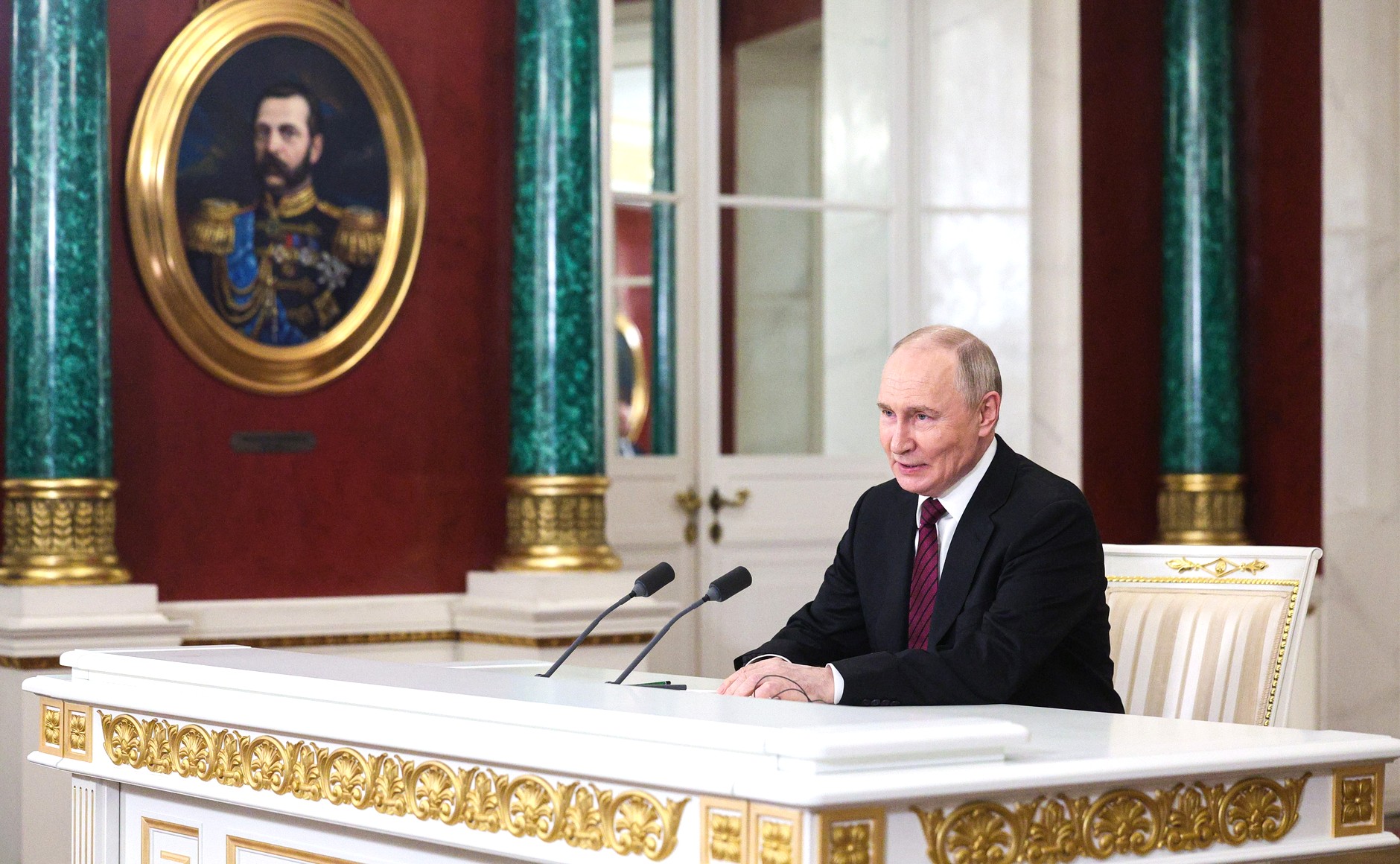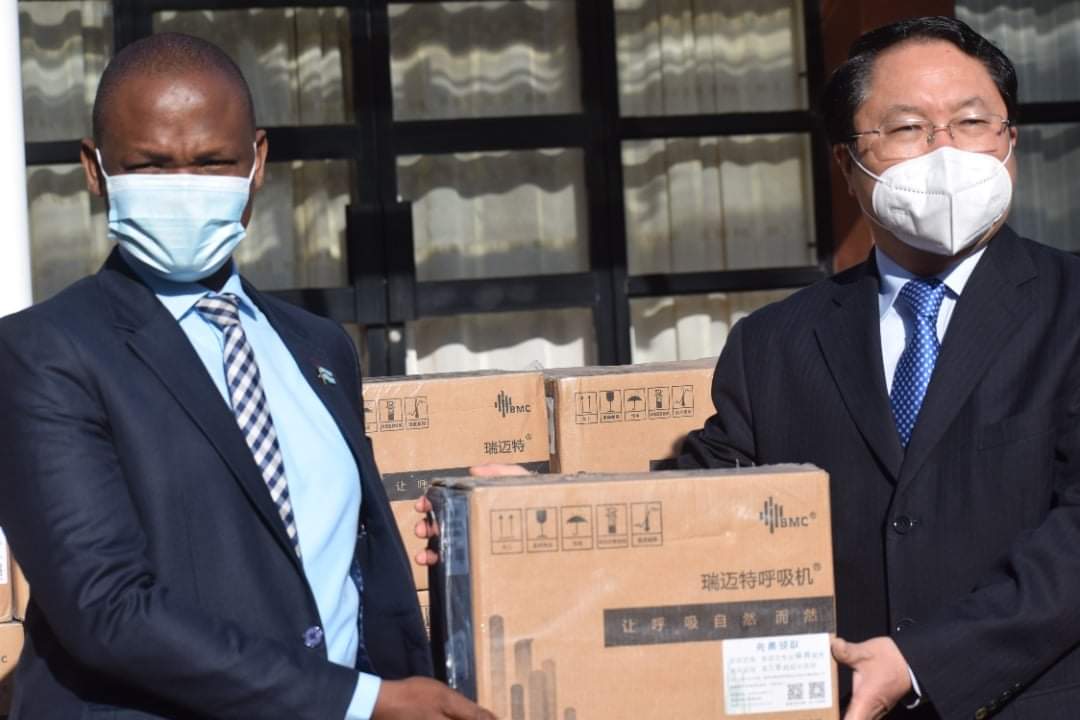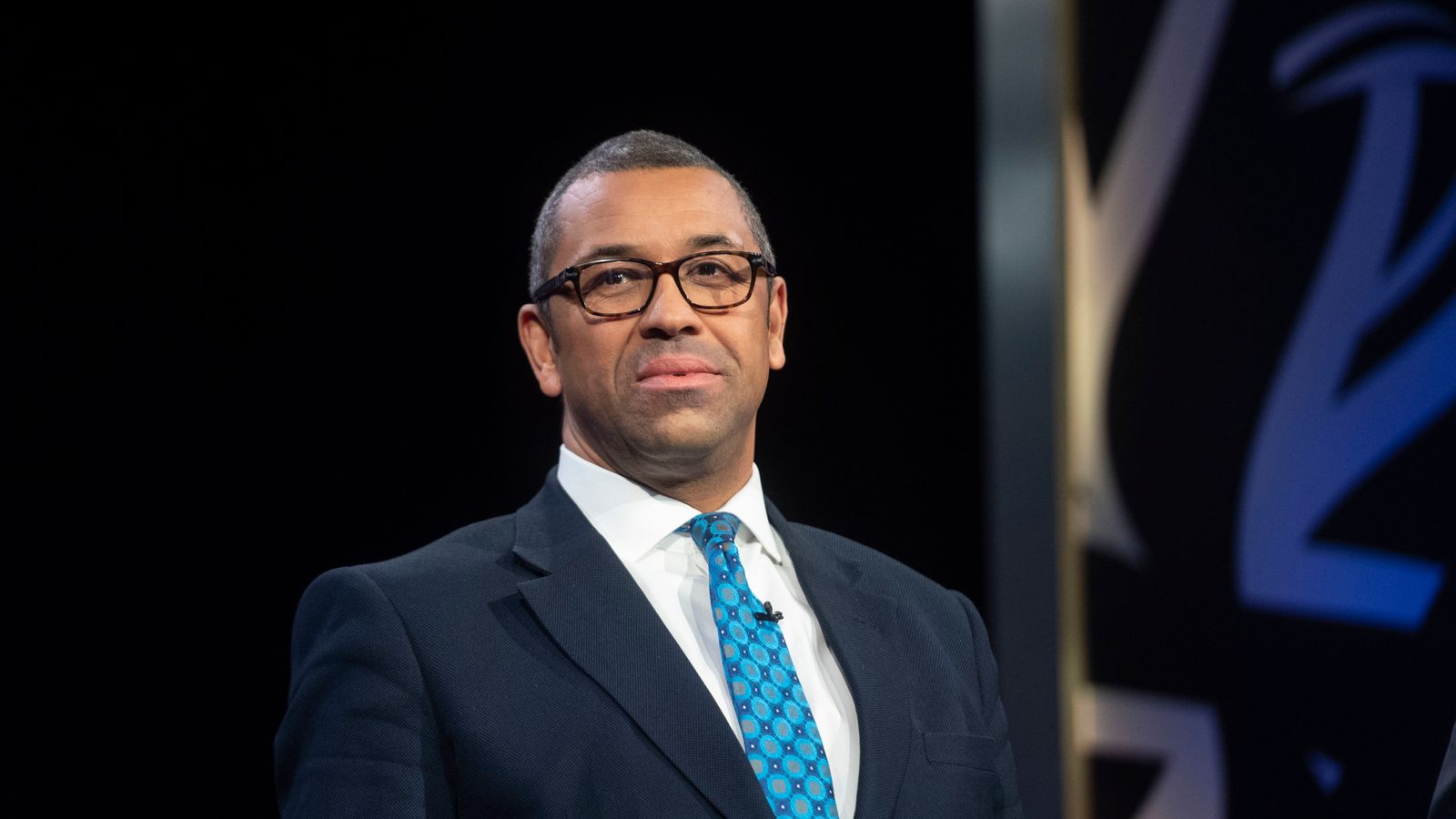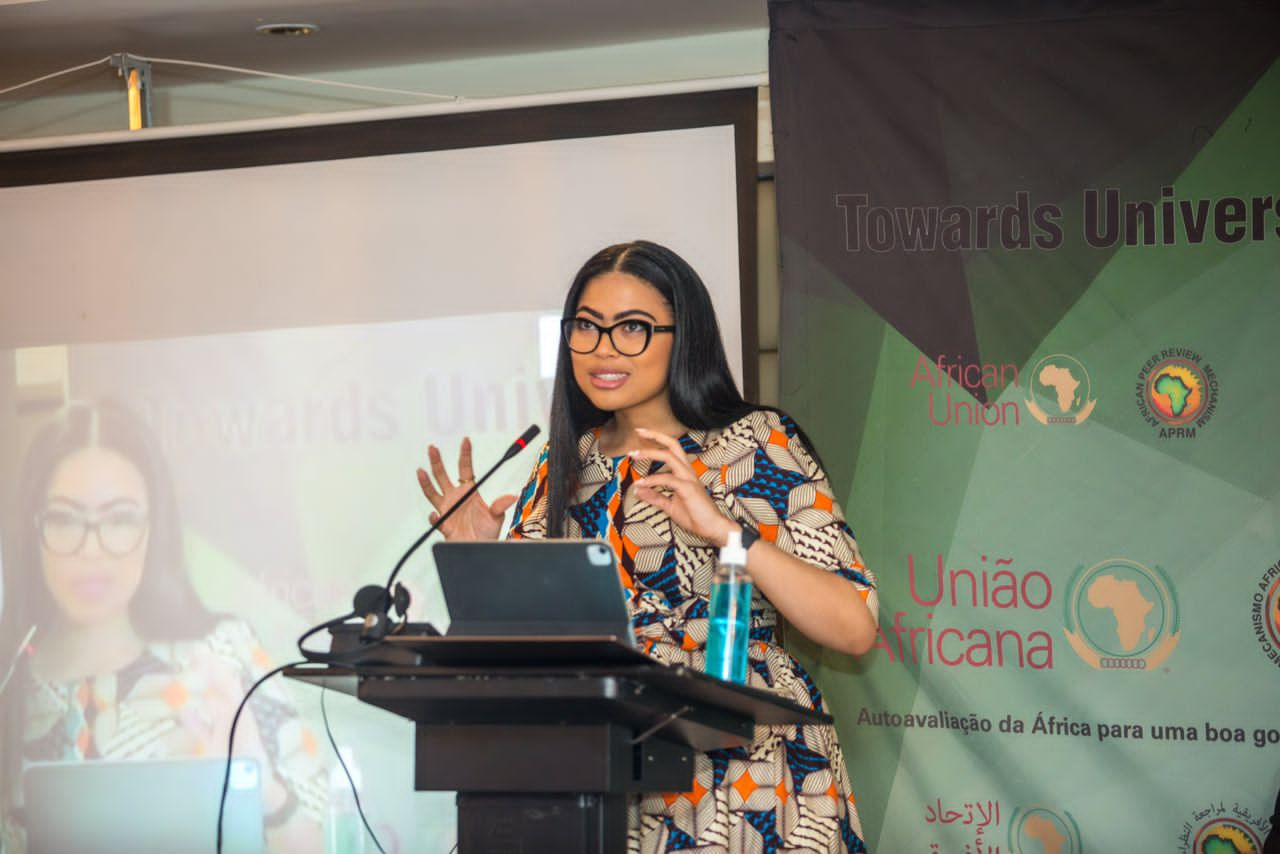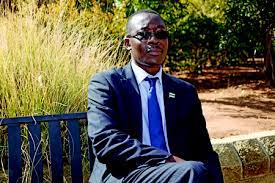
Thomas Nkhoma
The Pan Afrikanist Watchman
The University of Botswana is today (June 30, 2021) expected to award 38 participants who recently completed training in three African languages – Kiswahili, Ikalanga and Setswana – in the Department of African Languages and Literature.
According to Public Affairs Officer responsible for Media at UB, Thomas Nkhoma, of f the 38 participants, 14 will receive proficiency certificates in Ikalanga and 12 in Kiswahili and Setswana respectively.

Nkhoma said that the courses are held twice a year for nine weeks with participants drawn from different nationalities.
In line with its transformative strategy, Creating a Future for the knowledge Generation (2020-2029), the University of Botswana is committed towards safeguarding against the extinction of African indigenous languages as well as preparing Batswana to be global citizens.
While Setswana, which is a national language and Ikalanga is widely spoken in Botswana, Kiswahili is a Bantu language widely spoken in the Great Lakes region and other parts of eastern and south-eastern Africa including Kenya, Tanzania, Burundi, Rwanda, Democratic Republic of Congo (DRC) and parts of Malawi.
During the funeral of Tanzania’s president, John Magufuli who died on March 17 this year, President, Dr Mokgweetsi Masisi announced that Kiswahili would soon be part of the school curriculum in the country following adoption by SADC as the fourth official language in the region after English, Portuguese and French.
Nkhoma revealed that the Department of African Languages and Literature also offers proficiency language courses in Isizulu and Shekgalagari.
Graduates from the Department are usually absorbed in many government and private departments and offices, particularly in teaching, curriculum development, translation, interpretation, editing, research work, public relations, local government, tourism, international affairs and many other places.
Apart from offering proficiency African languages short courses, the University of Botswana also offers four international language degree programmes in Portuguese, French, and Chinese.




